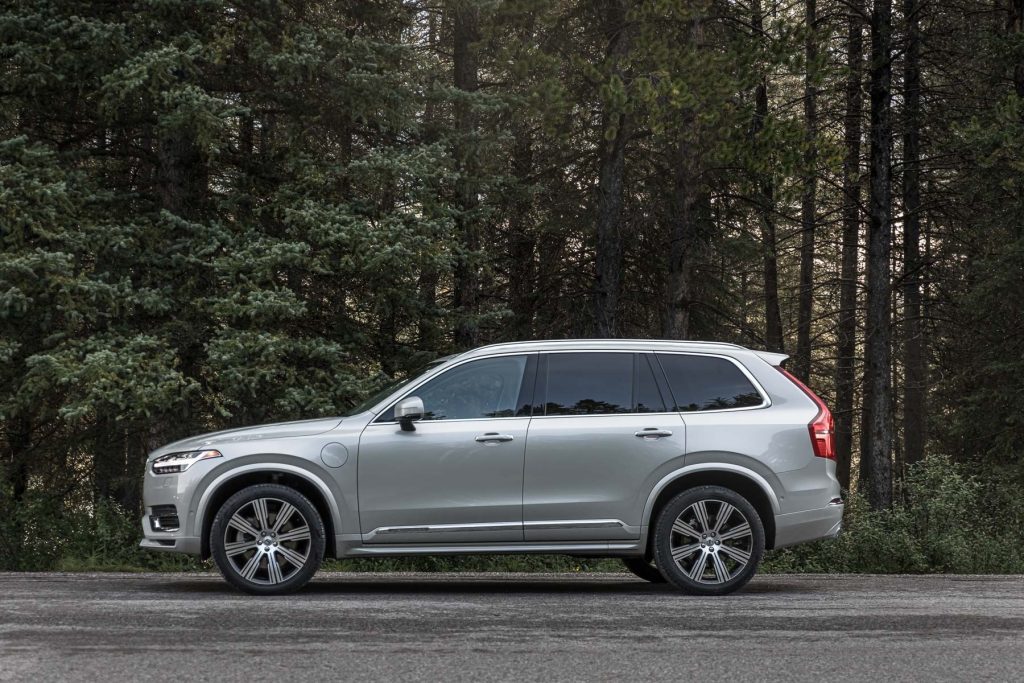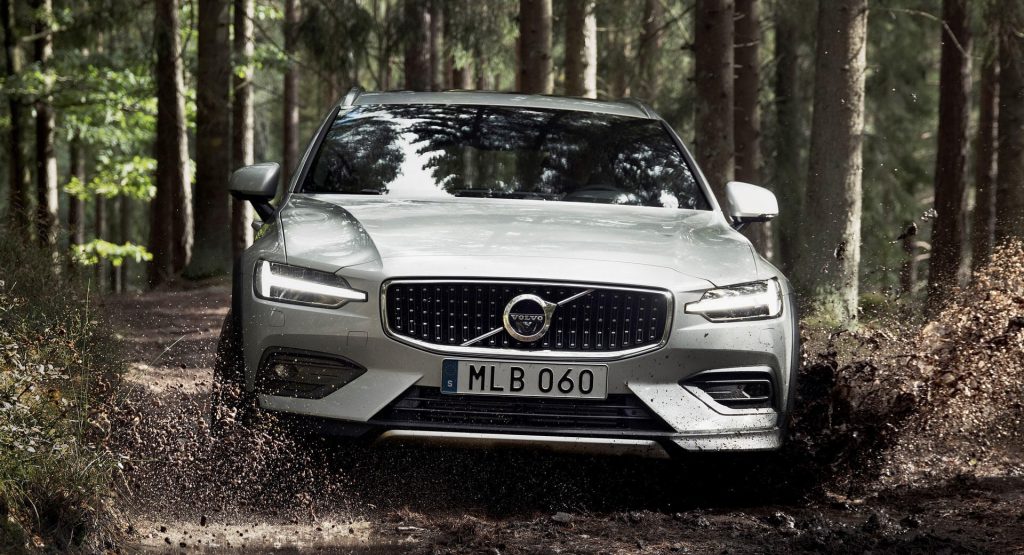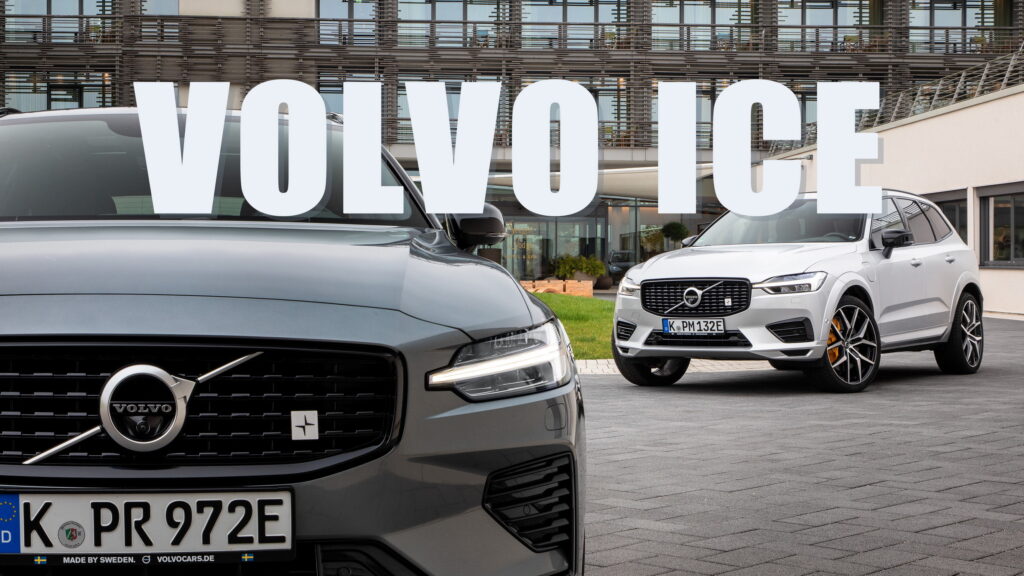Volvo is planning a series of updates to its mild-hybrid and plug-in hybrid models over the coming years while remaining committed to becoming an all-electric brand by 2030.
Speaking at a press conference, Volvo chief operating officer Bjorn Annwall acknowledged that the firm’s existing SPA1-based models will receive certain updates, in particular when it comes to their exterior and interior designs.
“Clearly the transition [to electrification] happens at different timescales around the world,” Annwall said. “That’s a strength of Volvo – we have this balanced portfolio. While we are introducing EX90, we still have XC90. And I don’t think they are going to cannibalize each other on sales that much; we’re going to sell more EX90s in Northern Europe, but we’ll sell more XC90s in Eastern Europe; more XC90 in central United States, more EX90 in the western United States.”

“Clearly the XC90 and our SPA1 cars have been very successful; they have strong, timeless design in their appearance right now,” Annwall added. “We have updated the infotainment with Android embedded, and so forth. But there is a next step you can do on exterior styling, interior design and also infotainment. That’s clearly something we’re are investing into; they’re not huge investments and it’s something we know very well how to do.”
Read: Volvo Is Done With Polestar, Will Cease Funding And Likely Dump Stake To Geely
While Annwall failed to specify which of its models could be updated, it could include the likes of the S60, S90, V60, V90, XC60, and the XC90. He also didn’t stipulate if the updates would include powertrain alterations but Auto Express speculates there’s a chance Volvo’s new Aurobay company could roll out more efficient petrol engines in the coming years.
News of Volvo planning updates to its existing combustion-powered portfolio came at the same time the firm revealed it is considering selling its stake in Polestar, which could end up in Geely’s hands. It appears Volvo has concluded that Polestar is a drag on its resources and that it would be better off focusing on its future model lineup. It currently owns 48% of Polestar’s shares but their value has plummeted 83% since the brand went public in 2022.




